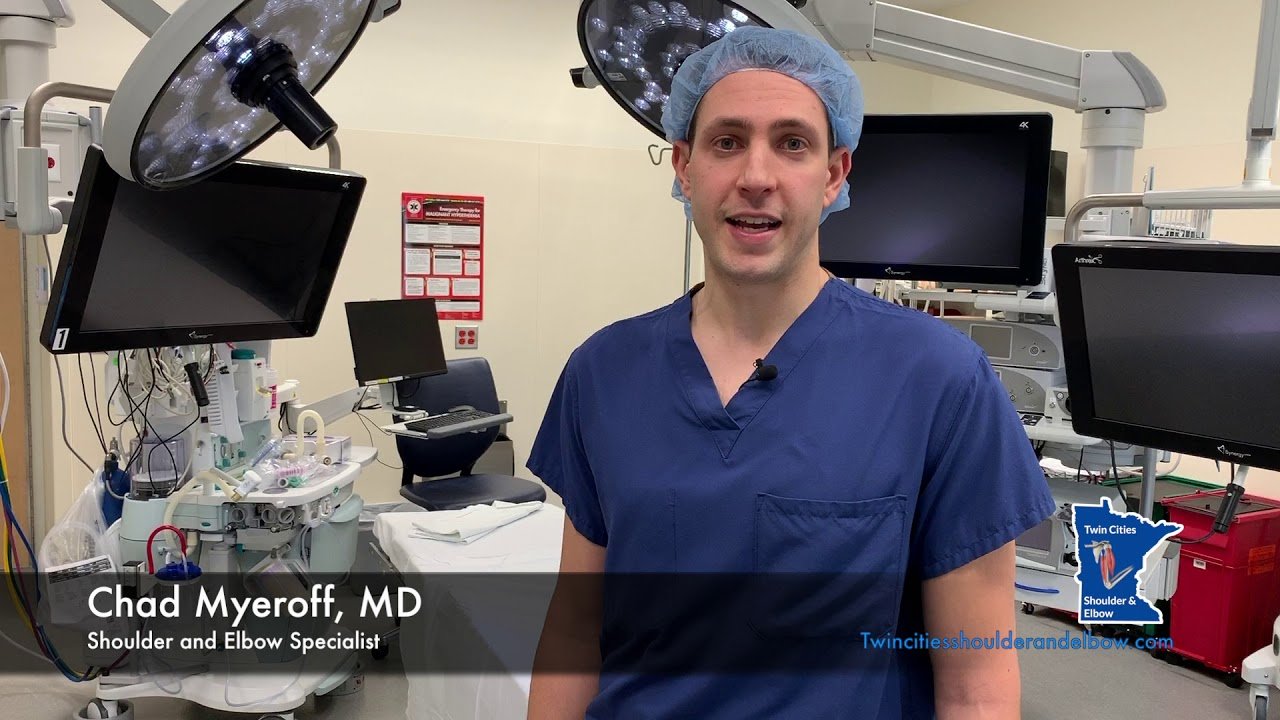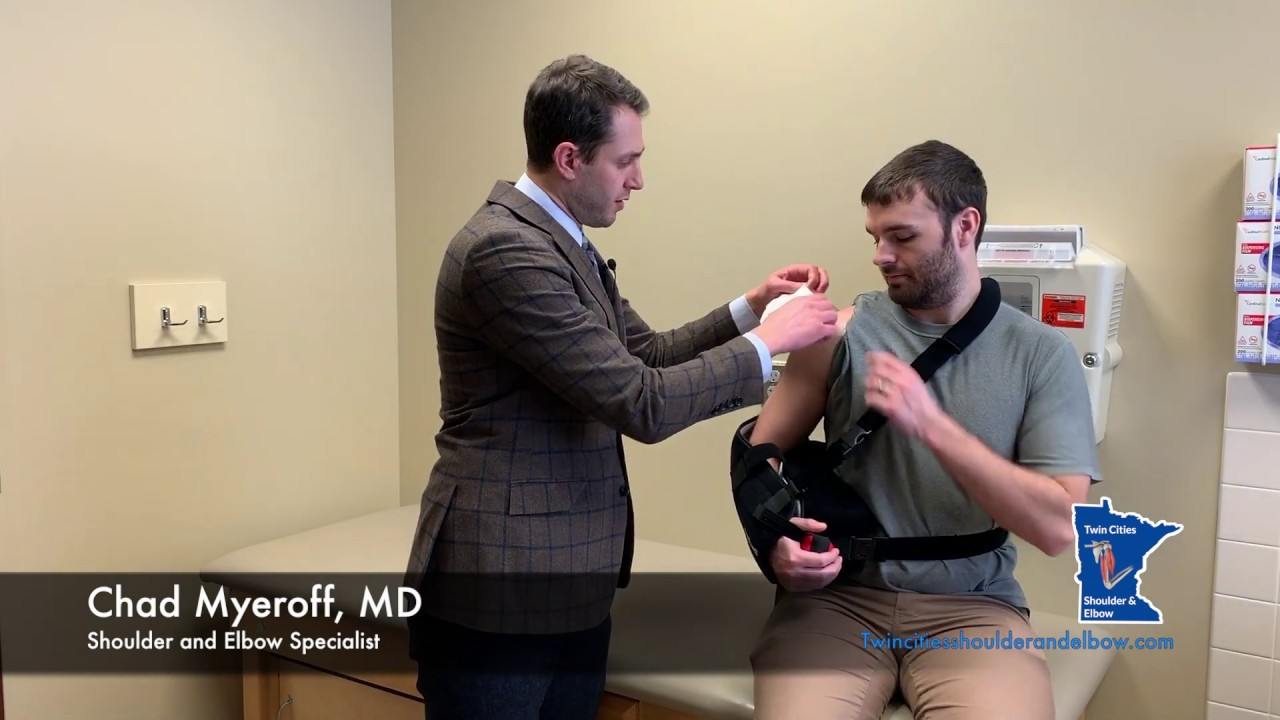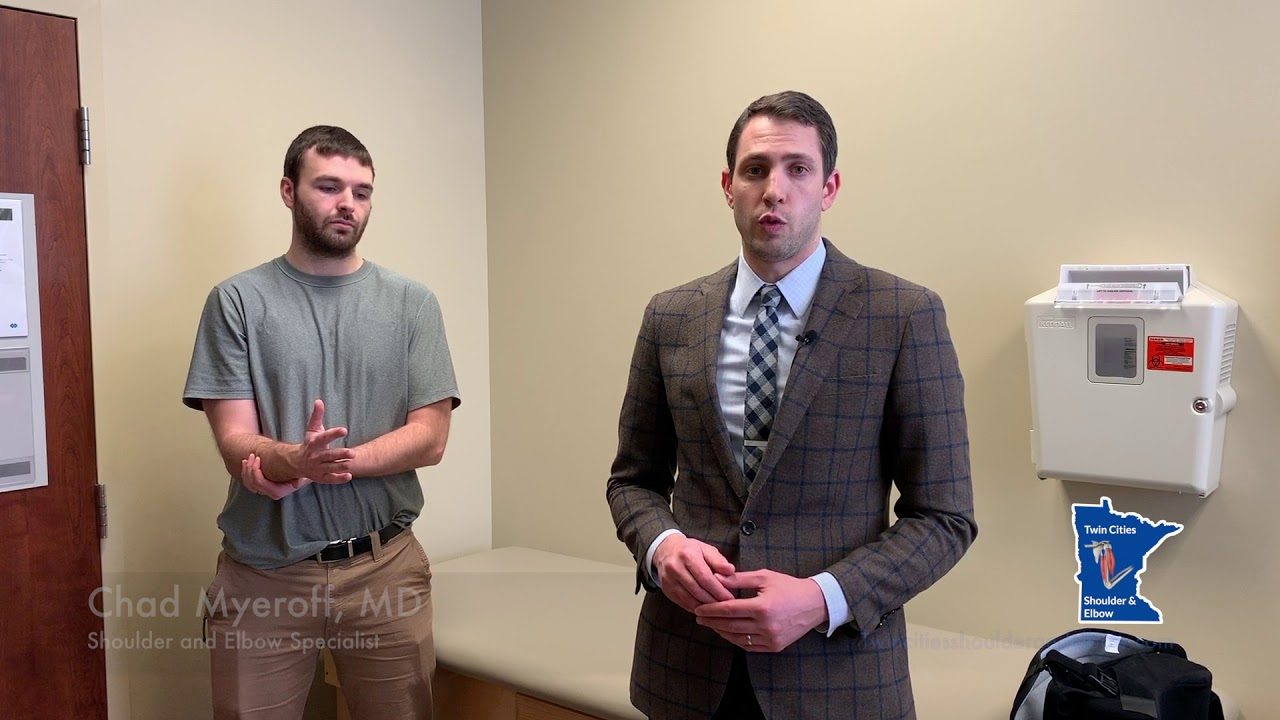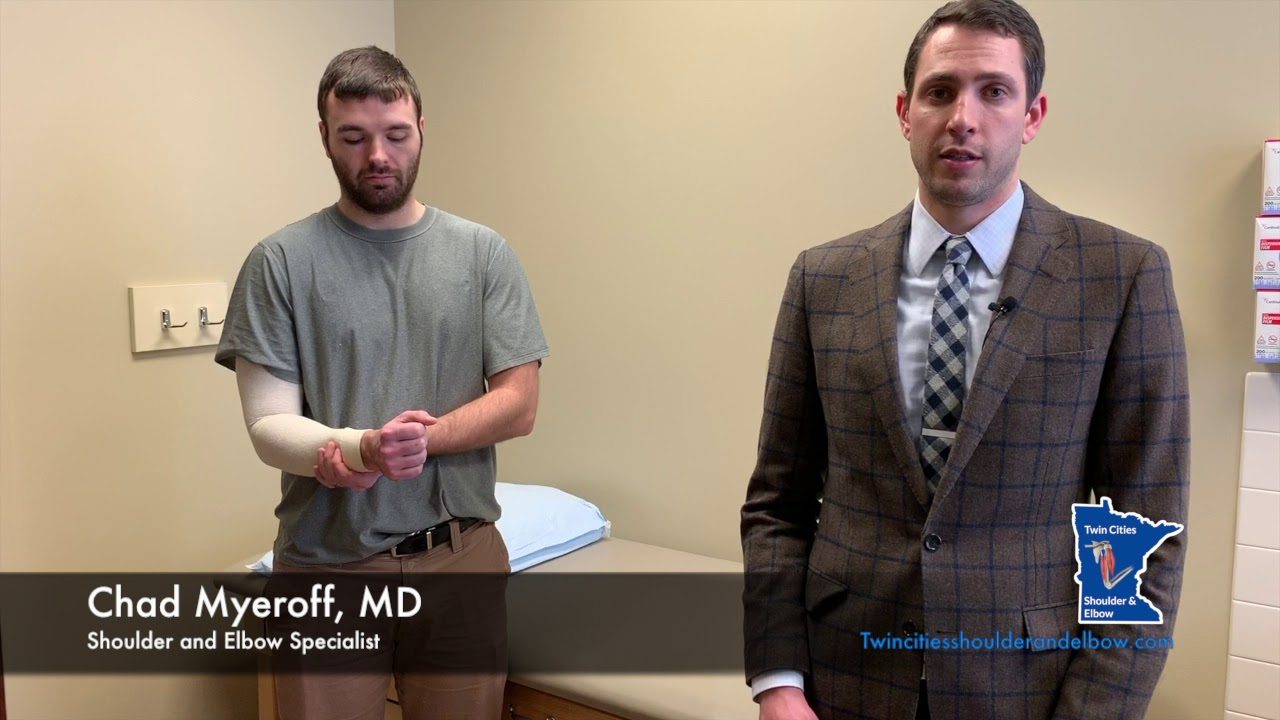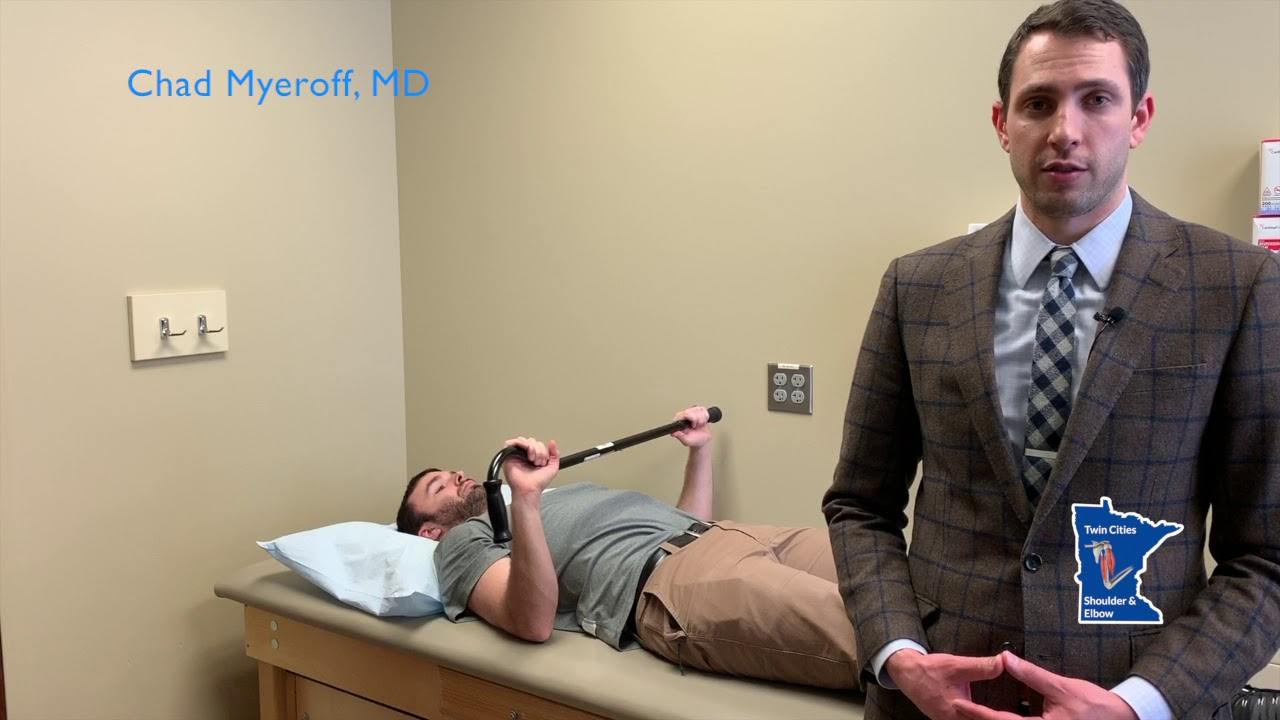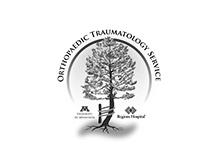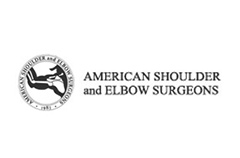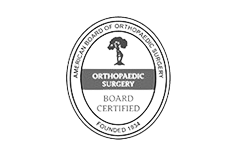Glenoid Fractures
- Diagnosis
- Non-operative Options
- Operative Options
- Before Your Surgery
- After Your Surgery
- Your Rehab
The glenoid is the socket that forms the ball and socket joint of the shoulder. Fractures of the glenoid are rare but can occur due to major trauma or during high-energy sports activities.
Symptoms of a glenoid fracture include shoulder pain, swelling, deformity at the site of the fracture and inability to move the arm. Your doctor will perform a thorough physical examination and order X-ray’s or a CT scan to determine the extent of the fracture and displacement of the joint.
Non-displaced fractures require immobilization in a sling for about six weeks.
I have specialized interest and training in arthroscopic (minimally invasive) open reduction and internal fixation (repair) of glenoid fractures. This decreases operative time, blood loss, and complication risk while providing me a microscopic view of your joint throughout the surgery.
If the fracture has led to the displacement of the bones, then surgery may be required to correct and fix them with pins, plates or screws. Physical therapy may be recommended to aid recovery and improve range-of-motion and strength of the arm.
Want to know more?
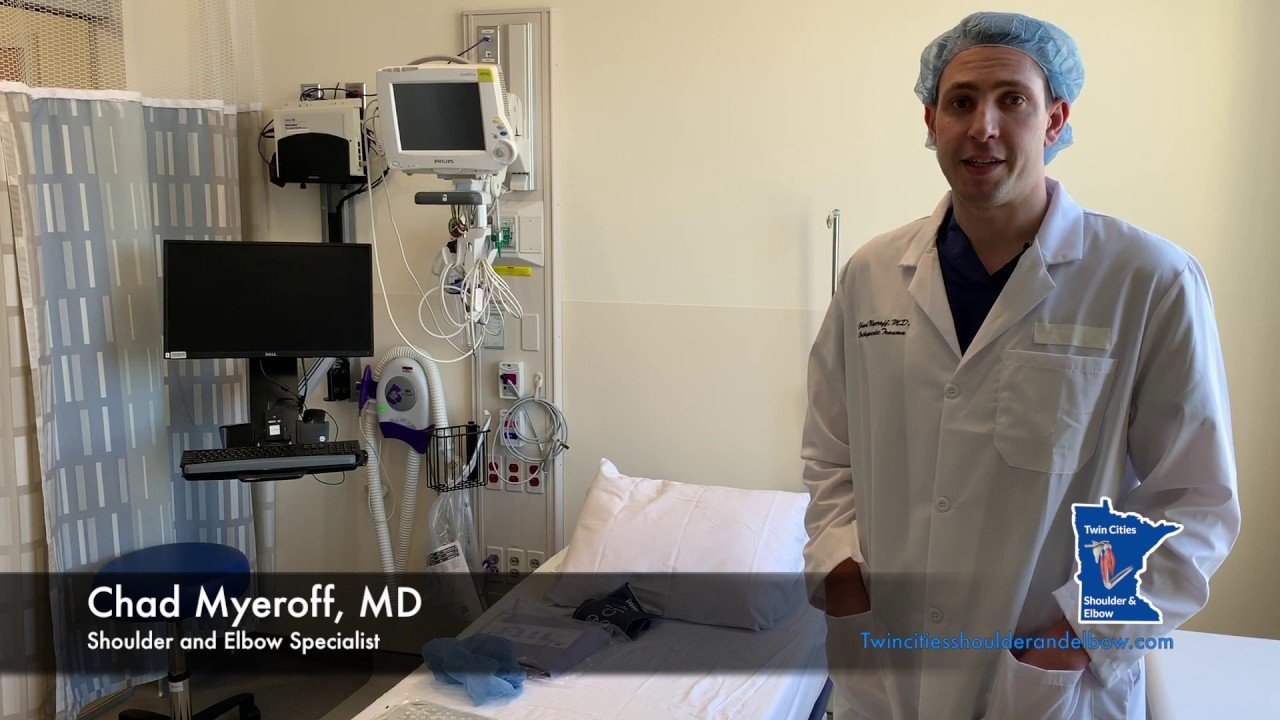
Once you and your doctor decide that surgery will help you, you will need to learn what to expect from the surgery and how to actively participate in the treatment plan for the best results afterward.
Preparing mentally and physically for surgery is an important step toward a successful result. Understanding the process, and your role in it, will help you recover more quickly and have fewer problems.
Before surgery, your doctor will perform a complete physical examination to make sure you don’t have any conditions that could interfere with the surgery or the outcomes.
- Routine tests, such as blood tests and X-rays may be performed.
- Discuss any medications you are taking with your doctor as you may have to stop or alter your intake before surgery. If you are taking aspirin or anti-inflammatory medications or any drugs that increase the risk of bleeding, you will need to stop taking them one week before surgery to minimize bleeding.
- Discuss with your doctor about preparing for potential blood replacement, medical interventions and other treatments prior to surgery.
- Report any infections to your surgeon. Surgery cannot be performed until all infections have cleared up.
- If you smoke, you should stop or cut down as smoking interferes with wound healing and can affect your recovery.
- Have someone available to take you home, as driving is not recommended for at least 24 hours or as advised.
- You may need help with everyday tasks such as cooking, shopping and laundry.
- Put items that you use often within easy reach, so you won’t have to stretch and bend as often.
Want to know more?
- After Surgery Video
- Shoulder Surgery Recovery Video
Once you and your doctor decide that surgery will help you, you will need to learn what to expect from the surgery and how to actively participate in the treatment plan for the best results afterward.
Preparing mentally and physically for surgery is an important step toward a successful result. Understanding the process, and your role in it, will help you recover more quickly and have fewer problems.
Before surgery, your doctor will perform a complete physical examination to make sure you don’t have any conditions that could interfere with the surgery or the outcomes.
- Routine tests, such as blood tests and X-rays may be performed.
- Discuss any medications you are taking with your doctor as you may have to stop or alter your intake before surgery. If you are taking aspirin or anti-inflammatory medications or any drugs that increase the risk of bleeding, you will need to stop taking them one week before surgery to minimize bleeding.
- Discuss with your doctor about preparing for potential blood replacement, medical interventions and other treatments prior to surgery.
- Report any infections to your surgeon. Surgery cannot be performed until all infections have cleared up.
- If you smoke, you should stop or cut down as smoking interferes with wound healing and can affect your recovery.
- Have someone available to take you home, as driving is not recommended for at least 24 hours or as advised.
- You may need help with everyday tasks such as cooking, shopping and laundry.
- Put items that you use often within easy reach, so you won’t have to stretch and bend as often.
Want to know more?
- Physical Therapy Intro Video
- Finger ROM Video
- Standard Elbow ROM Video
- Shoulder ROM Video
Want to know more?
- Download Dr. Myeroff's Shoulder Stretches Information Sheet
- Download Dr. Myeroff's Shoulder Arthroscopic Surgery Instructions Information Sheet
- Download Dr. Myeroff’s Surgery Instructions & Expectations - Open Shoulder Surgery Information Sheet
- Download Dr. Myeroff's Standard Elbow ROM Diagram Information Sheet
- Download Dr. Myeroff's Finger ROM Diagram Information Sheet


